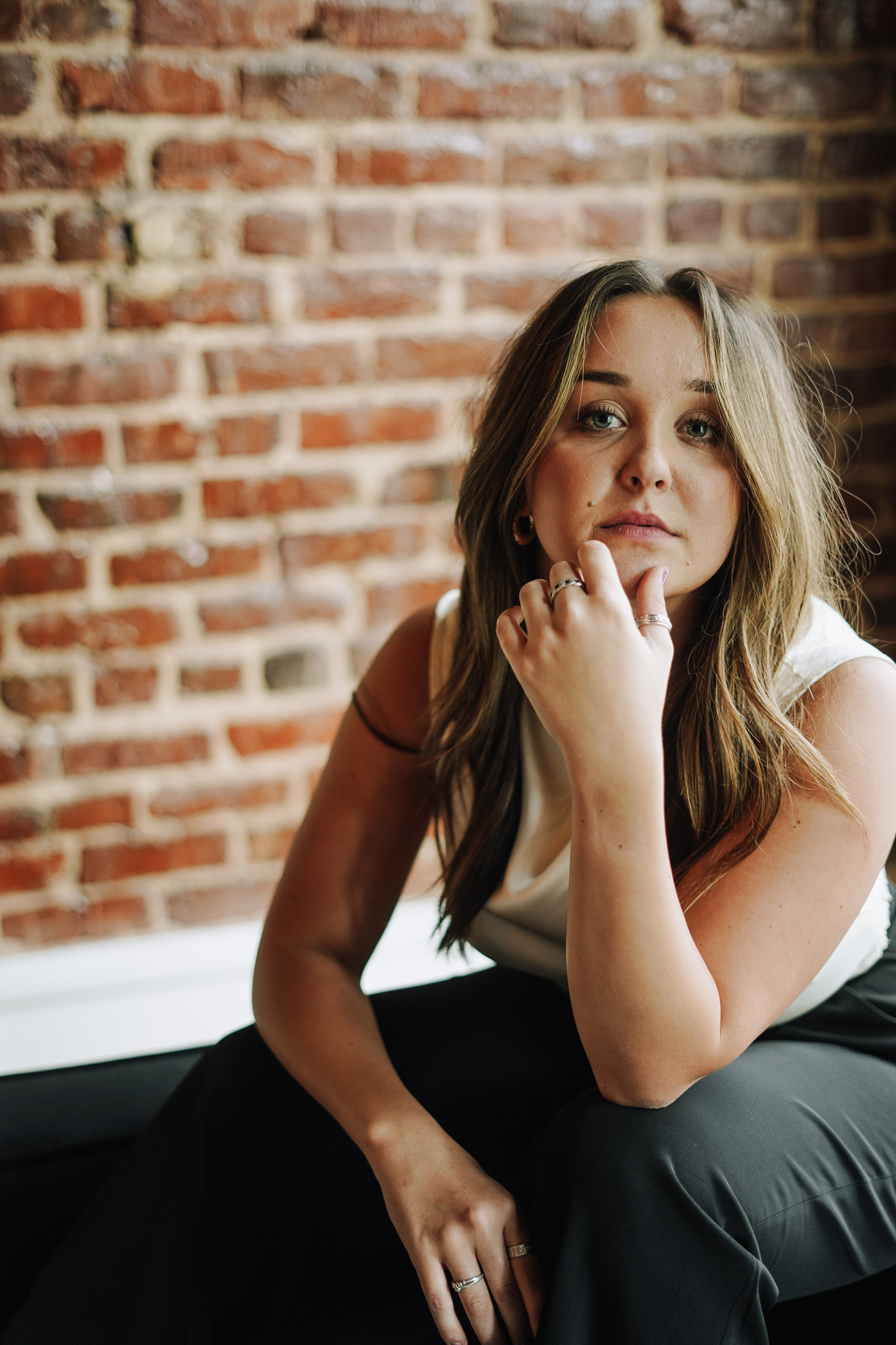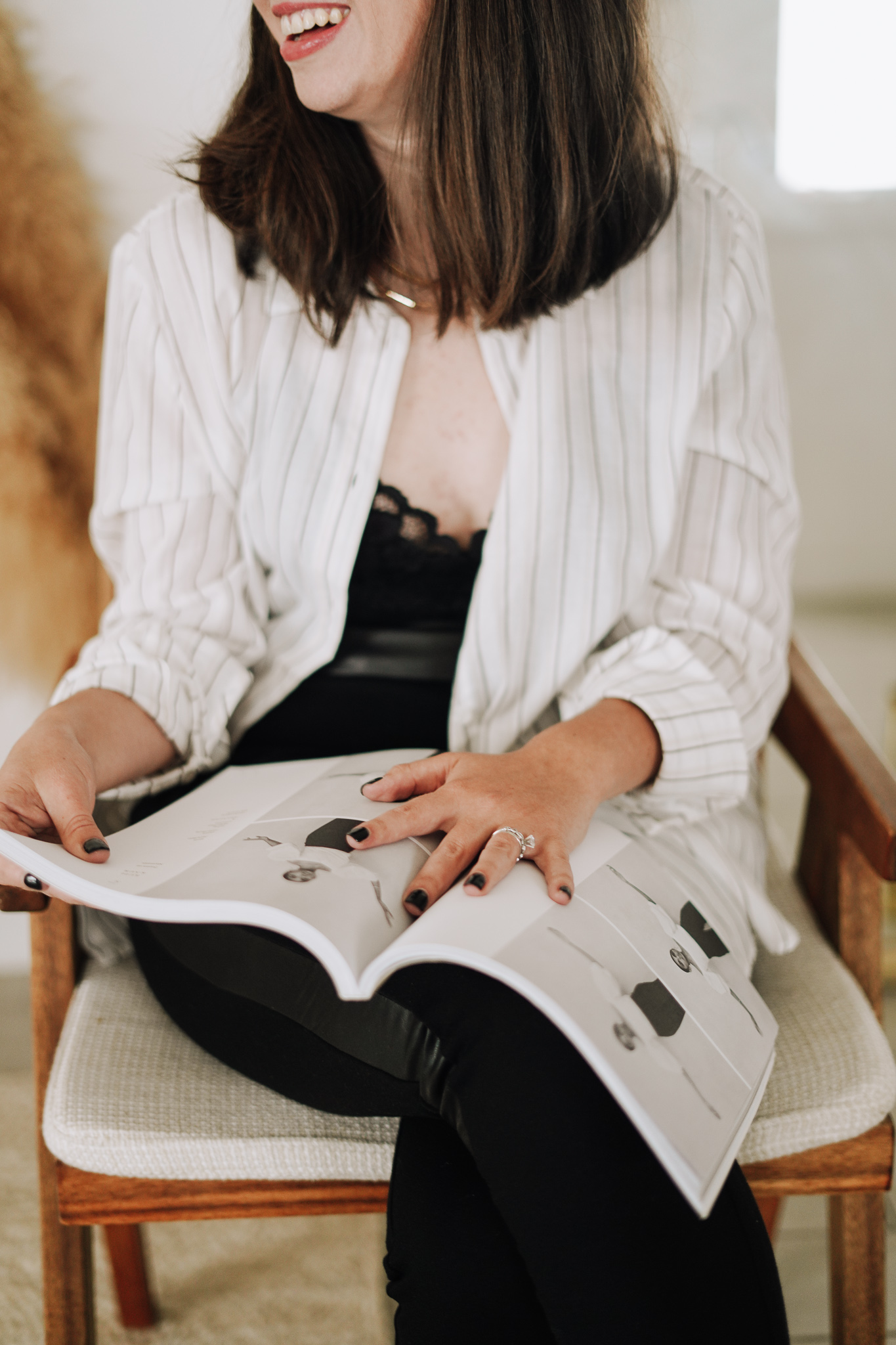If you’ve ever wondered why some businesses effortlessly attract premium clients while others struggle to justify their rates, the answer isn’t in the service they provide—it’s in the perception they create.
Luxury branding is not about just slapping a higher price tag on your offer and hoping people see you differently. It’s about understanding the psychology behind high-end purchases and intentionally crafting an experience that makes your brand the only logical choice for premium clients.
In this post, we’re breaking down the psychology of luxury branding—why people are willing to pay significantly more for certain brands, how emotions drive high-end purchases, and what you can do to position yourself as a premium business that commands top-tier pricing without resistance.
Why High-End Clients Pay More: The Science Behind Luxury Purchases
1. People Buy Feelings, Not Just Products
Think about the last time you splurged on something luxurious—a designer handbag, a high-end spa experience, a luxury vacation. You didn’t just buy the product or service; you bought the feeling it gave you.
Luxury brands understand this at their core. Their marketing isn’t just about what they sell—it’s about the status, identity, and transformation they provide.
A study by Bain & Company found that the global luxury market is expected to reach $1.5 trillion, with consumers prioritizing emotional and experiential value over material possessions. This means that people are not just buying a product; they are buying a story, a belief, and a status upgrade.
2. The Power of Perceived Value
Let’s take a legendary wedding planner like Mindy Weiss, who plans celebrity weddings with budgets in the millions. When a bride asks, “Why do you charge $2 million when other planners charge $20,000?” Mindy doesn’t justify her price with a list of deliverables. Instead, she simply states: “Because when I plan your wedding, your only job is to show up and enjoy it.”
That is the power of perceived value. High-end clients don’t just want a service—they want the certainty that their experience will be flawless and effortless. They are not paying for what you do; they are paying for how you make them feel.
3. Scarcity and Exclusivity Drive Desire
Luxury is not about accessibility—it’s about exclusivity. High-end brands leverage scarcity to increase desire and perceived value.
- Hermès Birkin bags are exclusive and difficult to acquire, making them more desirable.
- Private luxury experiences (such as invitation-only memberships) increase their perceived worth.
- Limited availability of services reinforces premium positioning (e.g., only taking a few high-end clients per year).
The Authority Pyramid: The 3 Levels of Luxury Positioning
To elevate your brand into the luxury space, you must build unshakable authority. This happens through three crucial levels:
1. Competence: The Baseline Requirement
Being great at what you do is non-negotiable. But it’s not enough to set you apart.
- Many skilled service providers struggle because competence alone does not sell.
- Consumers expect high-quality service—it is the bare minimum.
- To charge premium prices, competence must be accompanied by confidence and certainty.
2. Confidence: The Game-Changer
Confidence is the difference between a brand that struggles to sell and one that commands top-tier pricing.
- A study by Harvard Business Review found that 47% of clients are more likely to invest in a higher-priced offer when the seller is confident.
- Confidence signals trustworthiness, reliability, and expertise.
- Brands like Chanel and Ferrari don’t convince people to buy—they display unwavering confidence in their value.
3. Certainty: The Ultimate Luxury Positioning
Certainty is what makes premium clients say YES without hesitation.
- The best high-end brands don’t chase clients; they position themselves so well that clients chase them.
- When a brand radiates absolute certainty, clients feel safe and secure investing in them.
- Apple, Rolex, and Patek Philippe don’t sell products—they sell an identity, a belief, and a legacy.
Certainty is why high-end clients don’t ask for discounts or second-guess their purchases. When you exude certainty, your ideal clients convince themselves that you are the only option.
How to Use Psychology to Position Yourself as a Luxury Brand
1. Stop Playing Small & Own Your Value
Luxury brands do not operate from a place of scarcity or hesitation. If you want to charge premium prices, you must:
- Eliminate weak language like “I think” and replace it with “I know.”
- Stop explaining your prices—your brand should communicate its worth.
- Set boundaries and ensure your services are seen as exclusive, not easily accessible.
2. Curate an Experience That Matches Your Pricing
Raising your prices without upgrading the client experience is a mistake.
- High-end brands craft a seamless, white-glove experience.
- Every touchpoint—from website design to onboarding—should reinforce luxury positioning.
- Clients should feel elevated when they work with you, not just receive a service.
3. Leverage Scarcity to Increase Demand
People want what they can’t have. Make your brand desirable by:
- Limiting the number of clients you take.
- Creating an application process for new clients.
- Positioning your service as a privilege, not just an option.
4. Use Storytelling to Create Emotional Buy-In
The most successful luxury brands don’t just sell a product—they sell a story and an identity.
- Rolex sells achievement and legacy, not just watches.
- High-end interior designers sell lifestyle transformations, not just decor.
- Private coaching brands sell life-changing results, not just advice.
Use storytelling to communicate what your brand represents and how it makes clients feel.
Elevate Your Brand to Luxury Status
The psychology of luxury branding is simple:
Certainty, confidence, and exclusivity make premium clients eager to invest.
People buy status, certainty, and transformation, not just services.
High-end brands own their authority and never justify their pricing.


